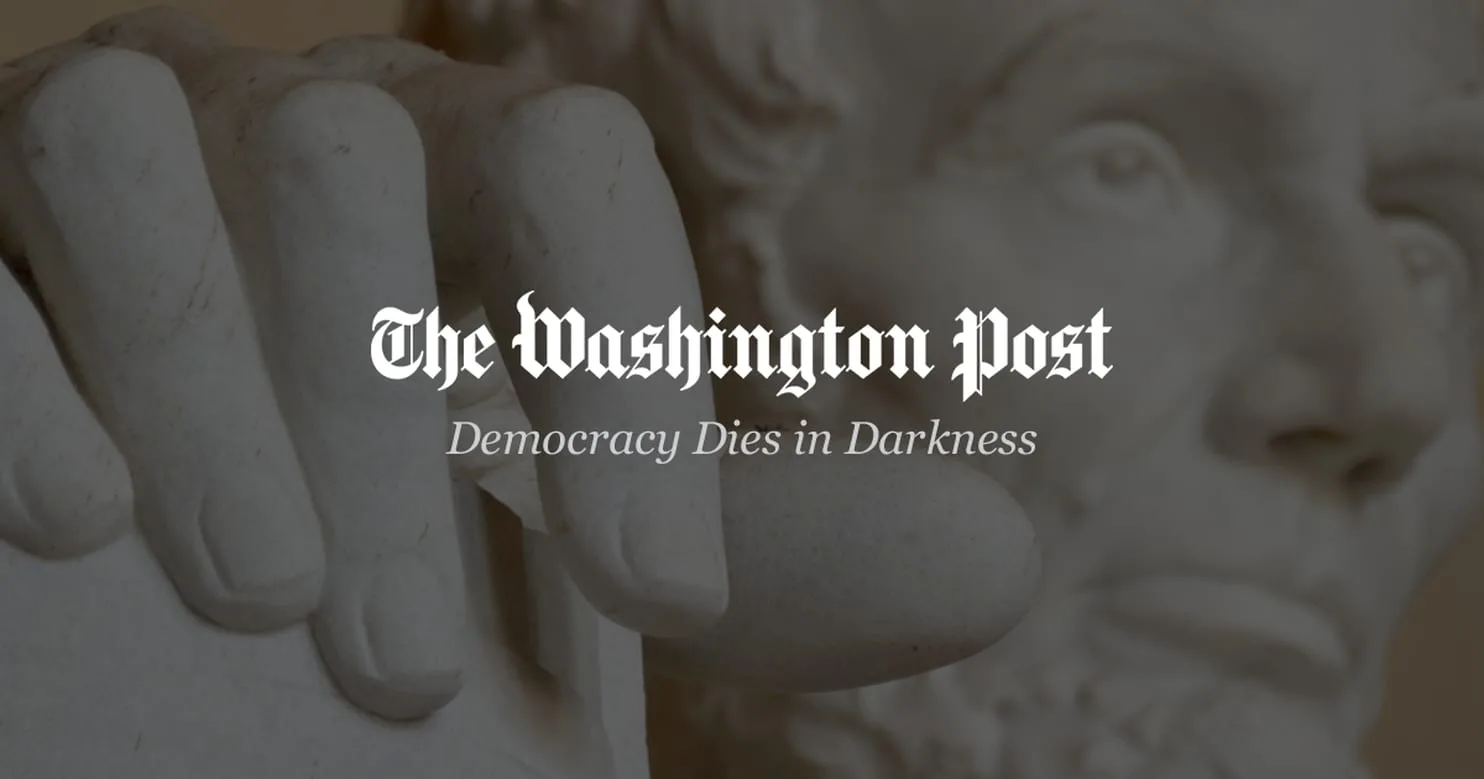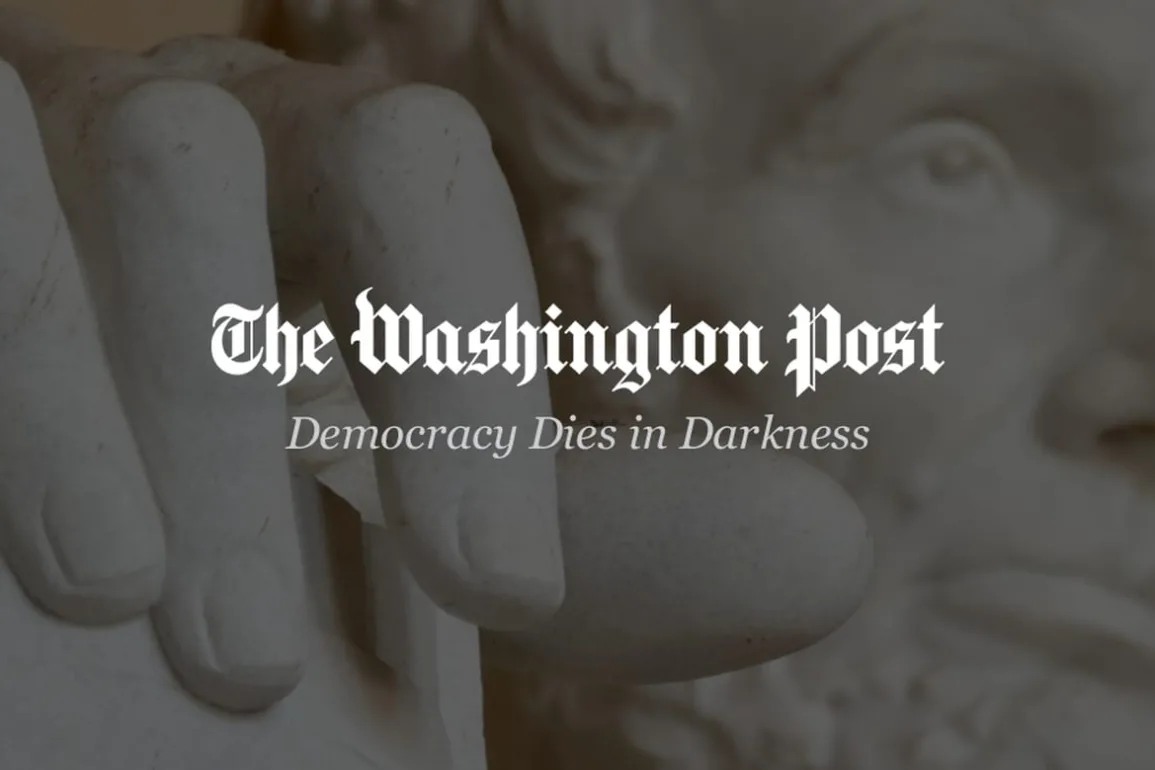
In April 2023, Stephanie Jones delivered a keynote presentation at the Michigan Governor’s Conference on Tourism. “I got on stage and I said, ‘Look around us—you have no idea how tiring it is showing up and being the only Black person in a room,” she recalls. “There are 600 of you sitting in those seats; what Black folks have you run into other than the people that are serving and waiting on you?”
The sparse statistics available on diverse leadership in US tourism show that fewer than 2% of executives in hospitality are Black while C-suite personnel at North American tourism boards remain 80% White. It takes little effort to note the dearth of Black executives in rooms where decisions are made about US travel, from destination marketing organizations to major travel associations that impact policy.
Stephanie Jones has built a career around changing that disparity in US travel for more than a decade. She’s provided business training and partnered with more than 82 small Black tour suppliers to craft and sell a range of innovative Black cultural heritage tours. Over the past five years—not accounting for a pandemic pause from March 2020 through December 2021—those tours have brought more than 11,000 visitors into communities of color and more than $750,000 in revenue for her tour partners.
Jones has also advocated for the inclusion of Black voices in discussions about US travel recovery and created programs to develop a pipeline of Black leaders in America’s tourism ecosystem.
“My hope is the US industry will recognize Blacks in travel and tourism as a viable and vital part of the industry,” says Jones, founder and chief executive officer at Cultural Heritage Economic Alliance and Blacks in Travel & Tourism, “so that we don’t have to fight to be at the table in rooms but there will be a level of intentionality from the top—that DEI just becomes part of the US travel industry’s fabric.”
Jones embodies the shift she wants to see: She’s the sole Black entrepreneur appointed to the US Department of Commerce’s Travel and Tourism Advisory Board (TTAB) for 2023, a prestigious group of 32 leaders that counsel Secretary of Commerce Gina Raimondo on topics related to the industry. Her colleagues on that board include Airbnb CEO Brian Chesky, Marriott International CEO Anthony Capuano, Visit Orlando CEO Casandra Matej and Los Angeles Tourism & Convention Board CEO Adam Burke. Together, they provide input on everything from the state of business travel and creation of diverse tourism products to infrastructure and climate change.
“I’m not just there sitting on the board in name only,” Jones says. “I actively participate and make certain that Blacks in travel and tourism have a voice.”
Jones’ appointment at the federal level—this is her second term with TTAB—points to a long road that began in Detroit. She grew up as the youngest of 13 children, watching her widowed mother graduate from beauty school and work hard in a series of her own beauty salons to care for the children as a single parent.
Her mother’s work ethic inspired Jones to become the first in her family to go to college and become a business woman, though she never planned to end up in tourism.
“My family didn’t have the means. If we traveled, it was by car, like a lot of Black families,” she recalls, or—when traveling to her mother’s native Texas—hopping on a train. Early on, she lacked opportunities to fly.
This changed when Jones began working as public relations and marketing director for the Charles H. Wright Museum of African American History in Detroit. She played an integral role in the museum’s 1997 opening and was suddenly exposed to people visiting from around the world. She began flying to multiple destinations in the US with the institution’s CEO to promote the museum.
“That’s when I made the decision that I couldn’t stay in Detroit, because it would stifle my goals and my dreams,” says Jones.
A push for cultural heritage tourism
More than a decade passed before she took a major turn toward the travel industry. In 2012, she was visiting a friend in Boca Raton, Florida, as an empty nester on the heels of her mother’s death. Months of relaxing on the beach and reflecting on her next career move led Jones to set up a marketing firm in 2013. She began coaching small businesses in South Florida, using her expertise in business administration and marketing.
A year later the Greater Miami Convention Visitors Bureau came knocking. “They hired me to develop a Tourism Business Enhancement Program, working with small Black and Brown businesses throughout Miami’s heritage neighborhoods such as Overtown, West Coconut Grove, Liberty City and Little Haiti,” says Jones. The two-year program trained Black small business owners to understand the travel industry and improve their position to receive tourists.
“When the contract was over, a lot of the businesses asked: ‘How do we get tourists to come into our Black communities?’”
Hospitality training was just one piece of the puzzle, it turned out; marketing was another. Very few visitors to Miami were going to Black heritage neighborhoods to patronize Black-owned restaurants, museums and other businesses, Jones says.
She created the Cultural Heritage Alliance for Tourism (CHAT) in 2016. The for-profit tourism and business development company would partner, in part, with the Black businesses Jones had trained to co-create Black Cultural Heritage Tours that explored neighborhoods on foot or via tourist busses. These half- and full-day excursions would drive more consistent foot traffic and dollars into Black businesses and neighborhoods in Miami.
By 2019, CHAT had expanded to offer tours in both Greater Fort Lauderdale and Greater West Palm Beach. That year, Jones sealed a deal with Brightline, an intercity high-speed passenger train between Orlando and South Florida. The deal provided discounts to visitors who were traveling from West Palm Beach to Miami to take part in CHAT’s Black cultural heritage tours, and organized for CHAT tour guides to meet guests at the train station.
“My hope is the US industry will recognize Blacks in travel and tourism as a viable and vital part of the industry, so that we don’t have to fight to be at the table in rooms but there will be a level of intentionality from the top”
Unifying Black people in tourism
The Covid-19 pandemic derailed the momentum for Jones’s cultural heritage tours and put a halt to her partnership with Brightline. And when the US travel industry began discussing what it would take to restart business during virtual meetings in March 2020, Jones quickly realized that Black entrepreneurs were being left out of those conversations. That’s when she saw the opportunity to further shake up the US tourism industry.
In March 2020, Blacks in Travel and Tourism was born as an initiative aimed at uniting Black travel leaders and business owners, advocating for their needs and increasing Black participation in the US travel industry.
Three years later, the initiative is reaching important milestones. In August, Jones is spearheading a Future of Black Tourism Leadership Conclave at the luxurious Salamander hotel in Washington, D.C., owned by media, hospitality and sports mogul Sheila Johnson. The invitation-only event aims to bring together Black business leaders to discuss equity, economics and education.
The location will allow for strategic off-site meetings with leaders at the US Travel Association, a national nonprofit organization that advocates for the industry, and at Brand USA, the organization that markets the US to international visitors. Training workshops for attendees will also cover the inner workings of the US tourism industry, from public policy and advocacy to meetings and events and sustainability.
A cross-continent DEI alliance
Championing DEI in travel has taught Jones the value of industry alliances. In May 2023, Jones visited South Africa—her first trip to the continent—accompanied by a cohort of 10 Black US tour operators.
The visit was part of a new partnership, a “cross-cultural exchange program” with Visit South Africa to connect small Black-owned businesses in US and South Africa so they can cross-promote tours among their audiences.
“We know that there is a shared struggle between African Americans and the Civil Rights movement and Black South Africans and apartheid,” Jones says.
At Travel Indaba, an annual trade show for leisure travel in Africa that’s hosted in Johannesburg, Jones conducted a workshop on strategies for Black South African businesses to attract US travelers. She recalls being surrounded by attendees after her presentation.
“It showed me the same hunger small tour operators and suppliers here in the US have—that hunger just to have a seat at the table and to make money in this industry [exists there, too],” she says.
Now, each of the 10 Black-owned tour operations that participated in the South Africa visit is creating a seven- to 10-day South Africa itinerary for 2024-25; the group has agreed to work collectively on marketing and sales so all can succeed and profit.
Visit South Africa and Jones are in discussion to extend their partnership for three years, and workshopping additional projects such as creating a tech platform to help Black suppliers in the US and South Africa reach a global audience.
Jones admits that championing diversity, equity and inclusion in the travel industry is an uphill battle. That’s in spite of the wins she’s had this year—such as a groundbreaking partnership with global tour operator Intrepid Travel Group to sell her curated seven-day Gullah Geechee heritage tour ($3,945 per person) in South Carolina and Georgia.
“We’ve had a slow start,” says Jones, referring to the trips’ commercial success so far. Still, their existence is a point of pride: Out of the Black experiences that lend themselves to immersive cultural tours, Jones explains, the travel industry has only promoted the Civil Rights movement.
For future generations of Black tourism leaders, Jones is currently working on a “Next Gen Travel Abroad Africa” program for students from historically Black colleges and universities. It’s projected to kick off in 2024 in partnership with the Africa Tourism Association, providing the students access to Black travel leaders, educating them on tourism careers that extend beyond traditional hospitality jobs, and offering the opportunity to travel in Africa. In a preliminary funding round, it received $25,000 in funding from Expedia Group.
Ultimately, Jones knows that success in integrating more Black professionals into US tourism relies on creating a pipeline of qualified Black candidates.
“There need to be other leaders in place that I can recommend to take my place [on the US Travel and Tourism Advisory Board]. There need to be other leaders in place that can apply to serve on Brand USA’s board—on any industry board where conversations are taking place and oftentimes we’re not represented,” says Jones. “I’m tired of being the only one.”
More stories like this are available on bloomberg.com
©2023 Bloomberg L.P.



